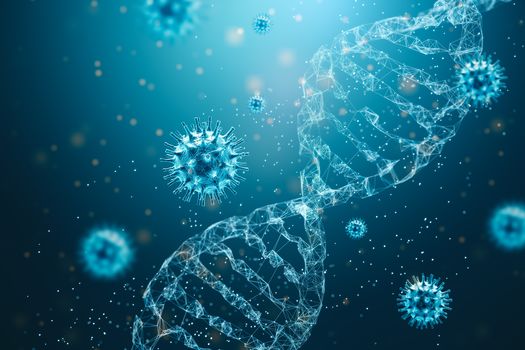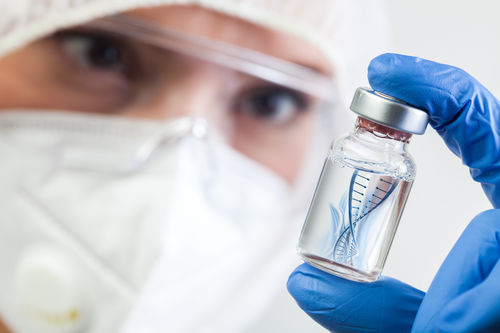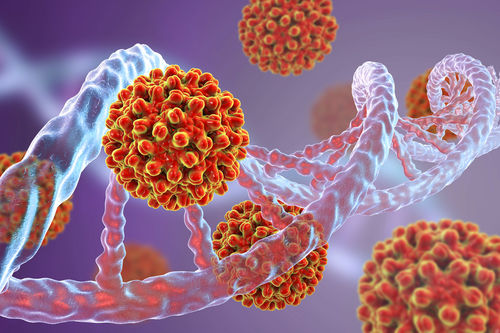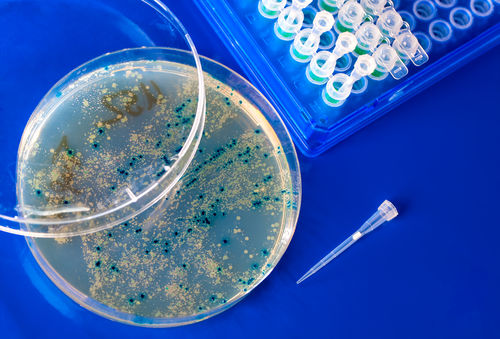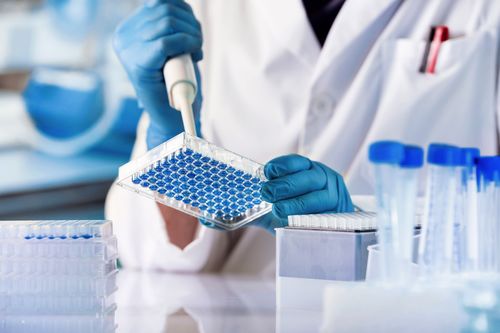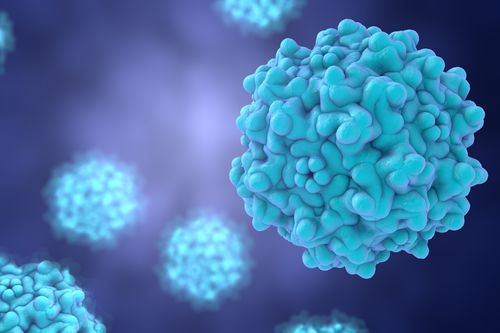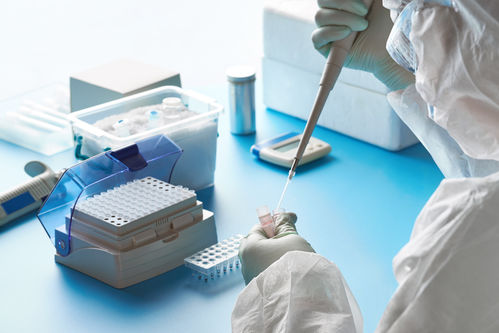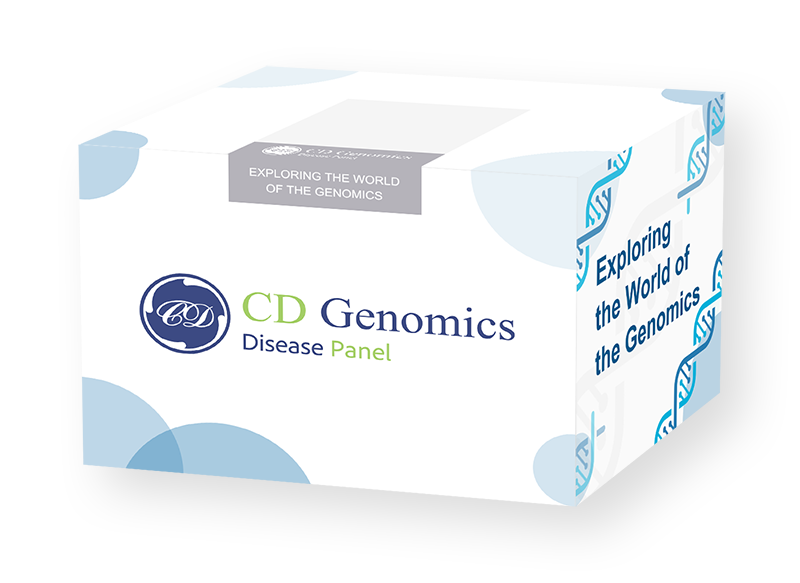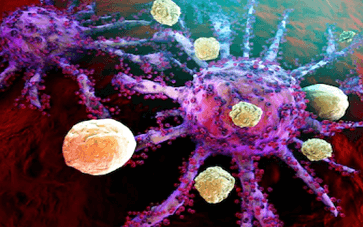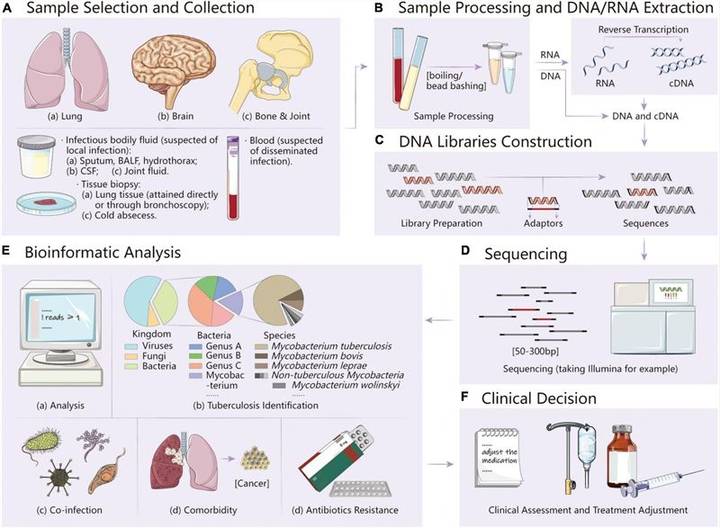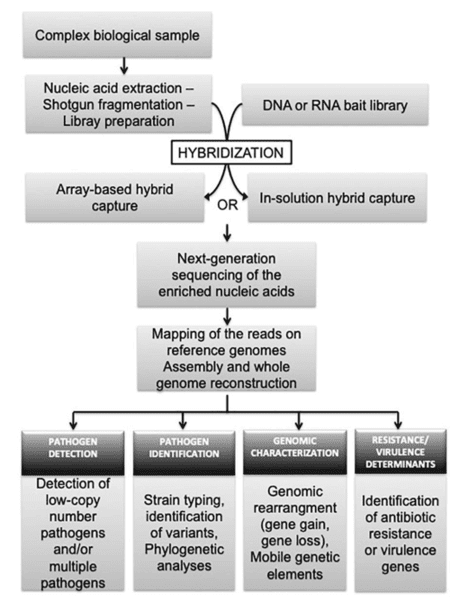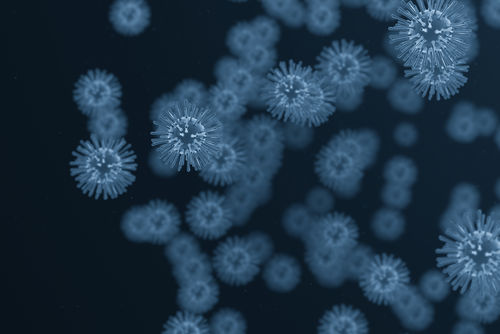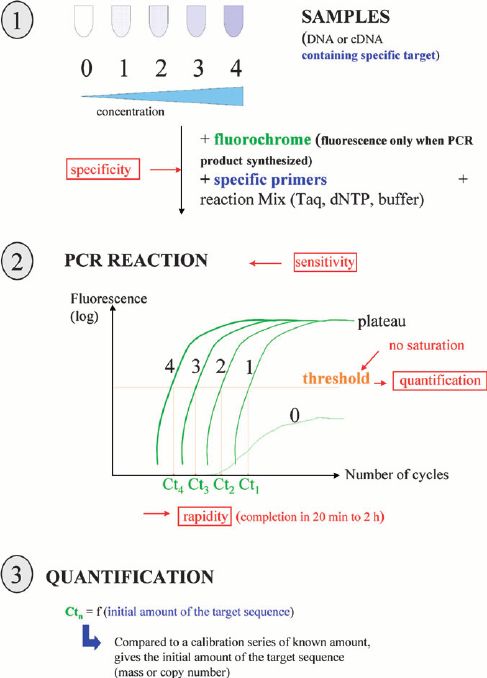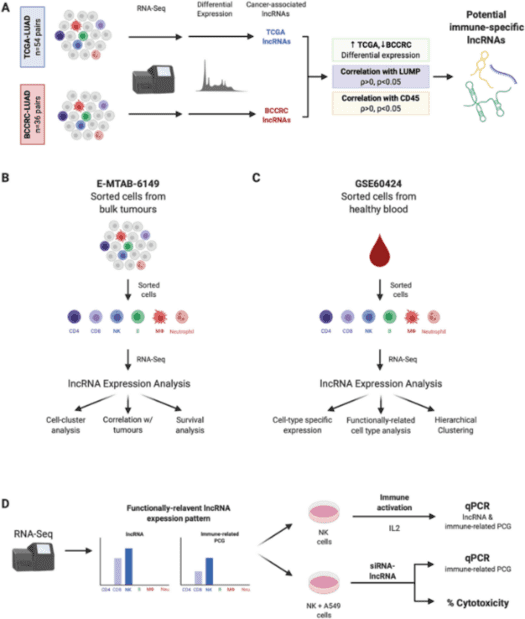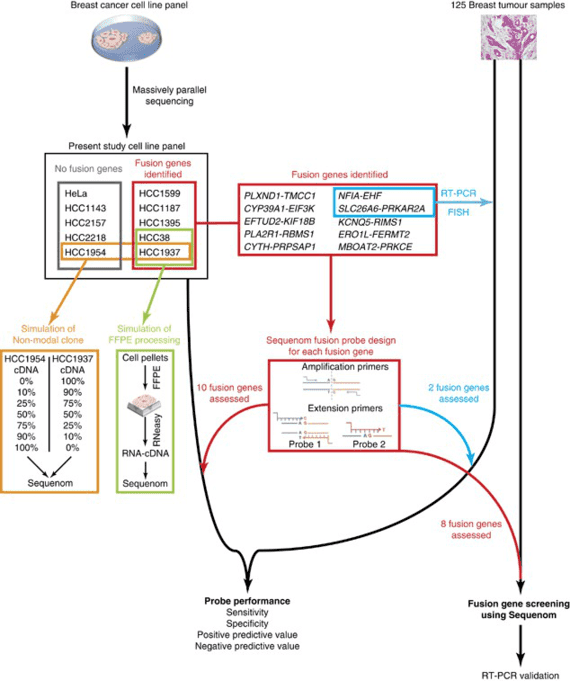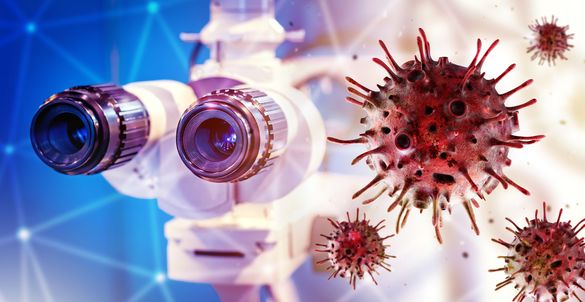Custom Renal Cancer Panel

Introduction
Renal cancer, also known as kidney cancer, is a combination of multiple types of cancers that occur in the kidney. The two most common types of kidney cancers are renal cell cancer (RCC) and transitional cell cancer (TCC), which are usually detected in adults, while the nephroblastoma (Wilms tumor) is constantly detected in the child. RCC is a malignant tumor that originates in the renal tubular urinary tubular epithelial system. RCC accounts for about 2% to 3% of adult malignant tumors, and accounts for 80% to 90% of adult kidney cancer, with the increased incidence rates in the United States. Smoking, obesity and hypertension are major factors for renal cell cancer. TCC accounts for about 90% of bladder cancer and has different degrees of differentiation, ranging from well-differentiated papillary non-invasive cancer to highly undifferentiated invasive carcinoma.
Disease-related gene description
Von Hippel-Lindau (VHL), is one of the hereditary kidney cancer syndromes, which is associated with the germline mutation in VHL gene mapping on chromosome 3p. When the VHL gene is mutated, the VHL complex cannot target and degrade hypoxia-inducible factors (HIF), leading to the accumulation of HIF. The accumulation of HIF-2α has the suspicion of promoting tumor development. The mesenchymal-epithelial transition factor proto-oncogene (MET) encoding the cell surface receptor for hepatocyte growth factor is associated with hereditary papillary renal cell carcinoma. In addition to these, FLCN, FH, TSC1/TSC2, PTEN and BHD genes are identified to be related to hereditary kidney cancer syndromes. The BHD mutation is not common and is only seen in sporadic renal cell carcinoma. The pathogenic variants in BAP1, PBRM1, SDHA, SDHB and FH are reported to be related to RCC. The mutations in BAP1 and PBRM1 are mutually exclusive. Furthermore, BAP1 mutations may be detected in high-grade disease, while PBRM1 mutations tend to a lower-grade disease. The mutations in succinate dehydrogenase (SDH) and fumarate hydratase (FH) genes cause the increase of succinic acid levels and the accumulation of the HIF1α protein.
CD-Genomics provides a custom renal cancer panel platform with the advantage of time-saving and cost-effectiveness. Amplicon sequencing technology by Illumina MiSeq system/Ion PGM system is provided to help the efficient discovery in the study of disease-related genes. You can select the genes only you require. If you want to add other genes you want in a customized renal cancer panel, contact us, and we can help you.
Custom renal cancer panel offers but are not limited to:
-
Automation and high-throughput targeted amplicon sequencing technology by Illumina MiSeq system/Ion PGM system are provided.
-
Strict quality control throughout the pipeline workflow ensures the accuracy and repeatability of the sequencing.
-
Every detected genetic variant will be further validated to ensure the validity of results.
-
Custom panel content is designed to keep up with the frontiers from current literature about renal cancer panel to target all relevant regions.
-
A custom renal cancer panel library is provided and you can create your own panel.
-
Precision bioinformatics pipelines ensure superior analytical performance.
Choose the genes that suit you from the renal cancer gene list
| BAP1 |
CDC73 |
CDKN1C |
CHEK2 |
| DICER1 |
DIS3L2 |
EPCAM |
FH |
| FLCN |
GPC3 |
MET |
MITF |
| MLH1 |
MSH2 |
MSH6 |
MUTYH |
| PBRM1 |
PMS2 |
PTEN |
SDHA |
| SDHB |
SDHC |
SDHD |
SMARCA4 |
| SMARCB1 |
TP53 |
TSC1 |
TSC2 |
| VHL |
WT1 |
|
|
Specimen requirements of our custom renal cancer panel
- Specimen: blood, saliva or extracted DNA (we do not accept DNA samples isolated from FFPE tissue).
- Volume: 2-5 mL blood, 2 mL saliva and 3ug DNA.
- Collection: blood is collected by routine blood collection and saliva is collected by saliva collection kits (kits are available upon request). DNA samples are stored in TE buffer or equivalent.
- Container: lavender-top (EDTA) tube or yellow-top (ACD) tube.
- Storage/transport temperature: room temperature.
Gene panel workflow

For more information about the Custom Renal Cancer Panel or need other amplification requirements, please contact us.
References:
- Linehan W M, et al. The genetic basis of kidney cancer: a metabolic disease. Nature reviews urology, 2010, 7(5): 277.
- Nguyen K A, et al. Advances in the diagnosis of hereditary kidney cancer: Initial results of a multigene panel test. Cancer, 2017, 123(22): 4363-4371.
- Kapur P, et al. Effects on survival of BAP1 and PBRM1 mutations in sporadic clear-cell renal-cell carcinoma: a retrospective analysis with independent validation. The lancet oncology, 2013, 14(2): 159-167.
- Pollard P J, et al. Accumulation of Krebs cycle intermediates and over-expression of HIF1α in tumours which result from germline FH and SDH mutations. Human molecular genetics, 2005, 14(15): 2231-2239.
* For research purposes only, not intended for clinical diagnosis, treatment, or individual health assessments.
Related Services
Related Products
Related Resources


